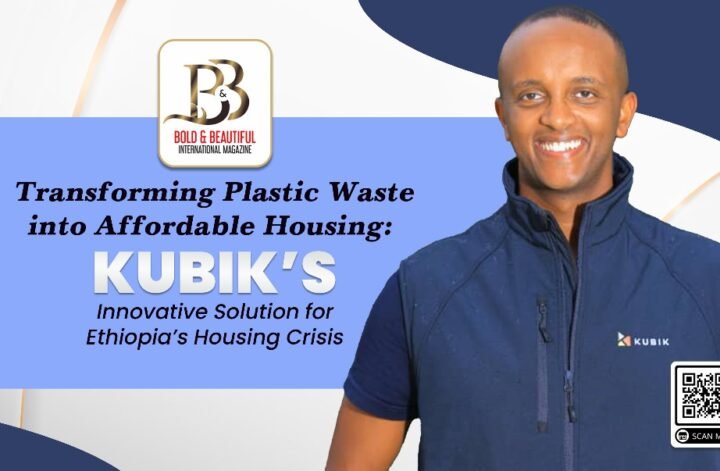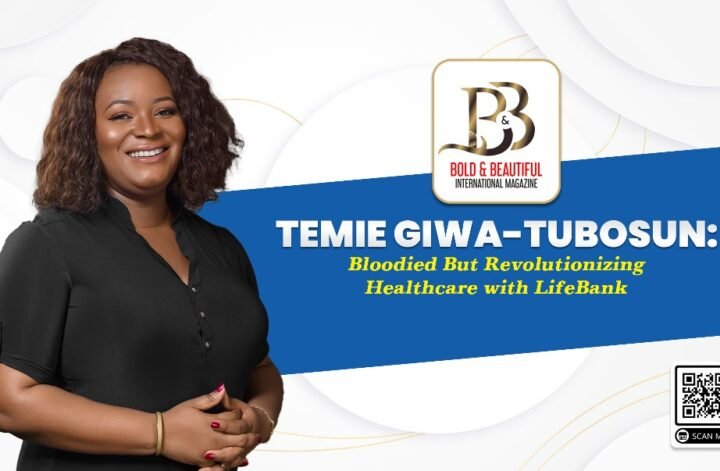Kubik, a trailblazing startup with offices in Kenya and Ethiopia, is tackling two critical issues simultaneously: plastic waste pollution and the housing deficit in Africa. By transforming recycled plastic into durable building materials such as bricks, beams, and columns, Kubik is making waves in the construction industry. The company recently launched operations in Ethiopia, targeting the country’s affordable housing market amidst a severe housing shortage.

Ethiopia faces a housing deficit of approximately 1.2 million units, with a need for 381,000 new housing units annually. However, only 165,000 units are produced each year, leaving a significant gap. Kubik, founded in 2021 by Kidus Asfaw and Penda Marre, is stepping in to help fill this void with an innovative, cost-effective solution.
The genesis of Kubik traces back to 2018, when Kidus, then working for UNICEF, was introduced to the concept of using recycled plastic to build classrooms in Côte d’Ivoire. The experience inspired him to explore the potential of scaling this technology beyond classrooms to address broader housing challenges. Along with co-founder Penda Marre, who had previously run a successful construction company in Texas, Kidus set out to create a profit-driven enterprise capable of making a substantial impact.

Unlike other initiatives in Africa that transform plastic into building materials but struggle to scale due to high costs or reliance on donor funding, Kubik aims to offer a competitively priced product. The company’s building materials are sold at over 40% less than traditional cement bricks, making them an attractive option for real estate developers focused on affordability and quick construction times. Kubik’s business model is designed to cater specifically to the needs of developers. “They are not looking for fancy products; they’re actually looking for super boring products,” Kidus explains. The fact that the bricks are made from recycled plastics and have a lower carbon footprint is a bonus, but not the primary selling point. What matters most to developers is that the materials are cost-effective, easy to work with, and durable.

To achieve this, Kubik has devised a unique approach to sourcing its raw materials. Rather than getting involved in the well-established waste collection industry, the company incentivizes waste collectors to sell them plastics that are not typically in high demand. This strategic move creates a new market for less popular plastics, ensuring a steady supply while avoiding competition for materials like PET, which are commonly used for water bottles. Once the plastic waste is collected, it is sorted, cleaned, and processed at Kubik’s factory on the outskirts of Addis Ababa. The result is high-quality building materials that contribute to addressing Ethiopia’s $3 billion low-cost housing market, part of a broader $700 billion market across Africa.

Kubik’s efforts have not gone unnoticed. In June 2023, the company secured $3.34 million in seed funding from several prominent investors, including Plug & Play, Bestseller Foundation, and Savannah Fund. Despite the challenges of raising capital for a capex-heavy business like Kubik, Kidus remains optimistic about the company’s growth potential.





